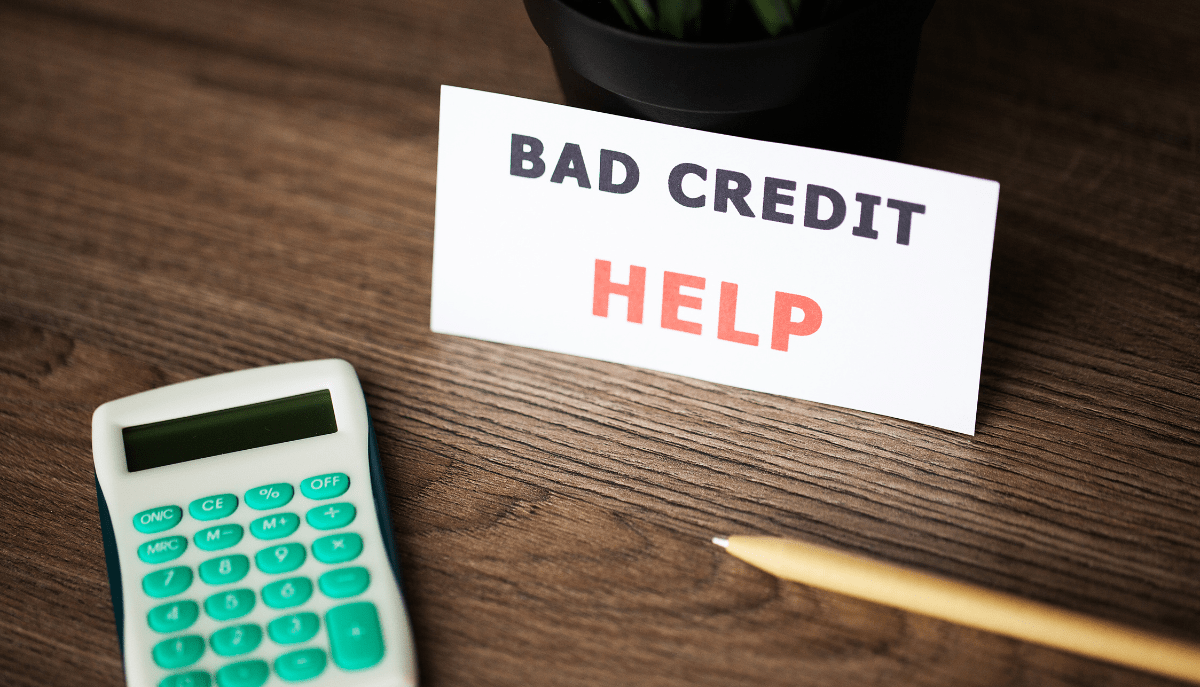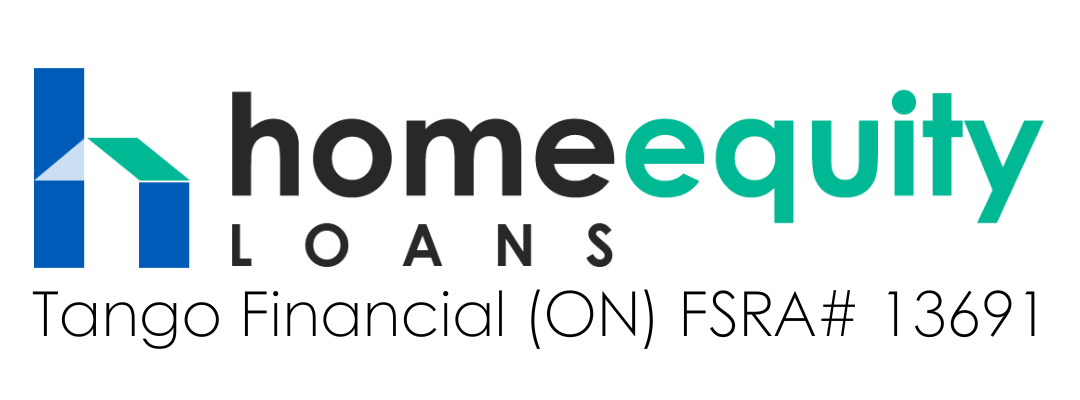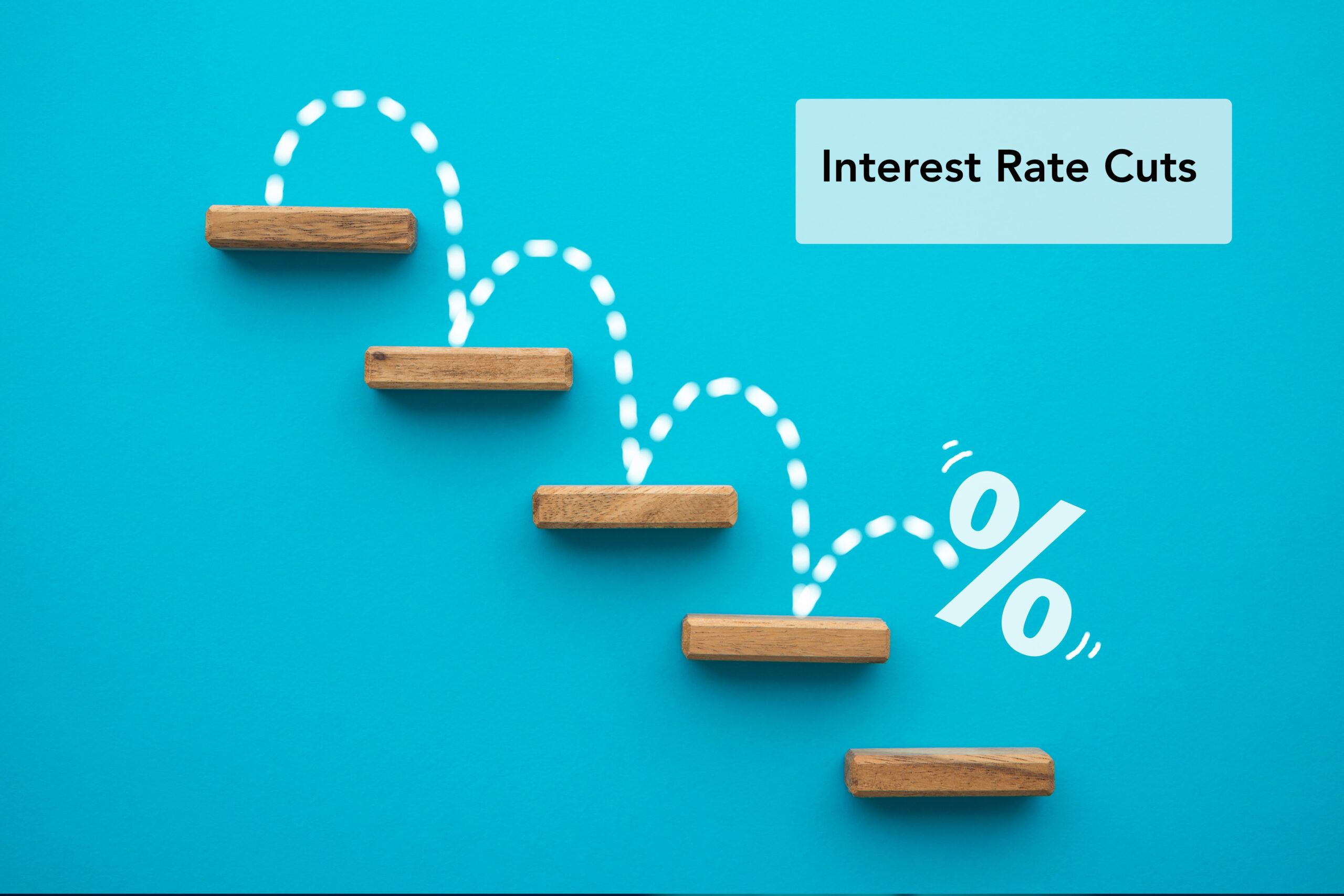A strong credit score is a key that unlocks doors to premium credit cards, favorable loan options, and enticing interest rates. However, the territory of bad credit history mortgage, typically characterized by FICO scores between 300 and 579 or ranging from 300 to 600, reveals a contrasting narrative.
Understanding the importance of a credit score for a mortgage is essential. Lenders categorize credit scores into different ranges to identify the level of risk in lending.
-
- A credit score of 740 or above is classified as excellent.
- Falling within the 700 to 739 range constitutes good credit.
- Ranging from 630 to 699, these scores fall into the fair credit category.
- Scores of 629 and below are indicative of poor credit.
These categories can vary slightly between lenders, and other factors such as your income and down payment also play a role in mortgage approval and rates.

Who Qualifies for Bad Credit Mortgages?
Qualification for a bad credit mortgage is contingent upon possessing a credit score below 600 and holding a down payment or home equity equivalent to 20% or higher.
However, if your credit score falls below 600 and your down payment is insufficient to meet the 20% threshold, securing approval for a bad credit mortgage is unlikely.
Alternatively, individuals with a solid credit score and a down payment of 20% or more are advised to explore advantageous alternatives such as B and A lender mortgages.
What Can I Do to Improve My Credit History?
Learn how to qualify for a home equity loan by understanding the crucial role of your credit history.
Here are key factors to consider when aiming to improve your credit history:
-
- Pay off your debts on time.
- Limit your credit card usage to 30% of your available credit.
- Shop for mortgage rates within 30 days.
- Take on a new credit facility if possible.
- Don’t cancel your oldest credit card.
- Consider balance transfers and paying off high-balance credit cards to free up credit.
- Collaborate with a credit counselor or lender to establish a stronger credit foundation.
- Frequently examine your credit reports for inaccuracies and inconsistencies.
- Establish a diverse credit mix with different types of accounts.
- Steer clear of opening multiple new accounts in a short period.To set the stage for enhancing your credit history, conscientiously adhering to these tips can notably impact on your financial journey, especially when considering a second mortgage.
How Does Your Credit Affect Your Interest Rates?
Your credit score holds the reins when determining the interest rate on a mortgage or any loan. A higher credit score often correlates with a reduced likelihood of higher interest rates.
Lenders are more inclined to extend mortgages to individuals with robust credit, exemplified by a score of 800, as opposed to those with a less impressive 690. This confidence is reflected in reduced loan charges.
Even seemingly minor differences in interest rates, such as 4% for a score of 800 and 4.5% for a score of 690, can accumulate significant financial disparities over a 15-year or 30-year mortgage term, amounting to thousands of dollars.
What Happens with Your Credit Once You Receive Loan Approval?
Upon securing loan approval and finalizing the mortgage, your credit reports will reflect this addition, influencing your credit score.
While including a mortgage in your credit history is generally beneficial, some key considerations arise. Initially, your score might experience a slight decline after mortgage approval and home closing.
This decrease results from the substantial debt increase inherent in obtaining a mortgage, constituting around one-third of your credit score.
Apply for a Bad Credit Mortgage and Get Fast Approval Now
A bad credit history doesn’t mean you can’t secure a mortgage – our fast approval process makes homeownership possible for everyone. Ready to take control of your credit journey? Contact us and let us help you rebuild a solid credit foundation. Your path to a better mortgage future starts here.
-
- How many credit or loan accounts do you have: This encompasses active and closed accounts. Examples of the latter include fully repaid loans or canceled credit cards.
- How much you owe on each account: Credit history displays account balances, e.g., a $15,000 student loan and a $2,500 credit card debt, including credit limits like a $7,000 card cap.
- What types of accounts do you have: From revolving credit to installment loans, auto, and student, these illustrate your borrowing spectrum.
- Length of Credit History: The history assesses payment punctuality—on-time, delayed, or missed—while recording collection and charge-off instances.
Your credit history information is captured in a credit report compiled by three bureaus. Sometimes, discrepancies between reports might arise, affecting accuracy.
How Does Your Credit History Affect Getting a Mortgage?
Your credit history significantly influences your mortgage journey, extending its reach to the realm of interest rates.
How you’ve managed past borrowing obligations plays a pivotal role in determining the range of mortgage options presented to you. Favorable introductory rates and enticing mortgage offers often hinge on meeting specific credit history criteria.
Can You Get a Mortgage with No Credit History?
Navigating the mortgage landscape without a credit history is feasible, yet it often presents challenges. Lenders are inclined to assess risk based on your financial track record, and the absence of credit history makes it challenging for them to gauge your reliability as a borrower.
While securing a mortgage under these circumstances is possible, it might lead to less favorable terms, potentially offering a less preferred mortgage type and a less competitive interest rate due to the uncertainty surrounding your borrowing history.
What Credit Score Do You Need for The Best Mortgage Rate?
Understanding the importance of a credit score for a mortgage is essential. Lenders categorize credit scores into different ranges to identify the level of risk in lending.
-
- A credit score of 740 or above is classified as excellent.
- Falling within the 700 to 739 range constitutes good credit.
- Ranging from 630 to 699, these scores fall into the fair credit category.
- Scores of 629 and below are indicative of poor credit.
These categories can vary slightly between lenders, and other factors such as your income and down payment also play a role in mortgage approval and rates.

Who Qualifies for Bad Credit Mortgages?
Qualification for a bad credit mortgage is contingent upon possessing a credit score below 600 and holding a down payment or home equity equivalent to 20% or higher.
However, if your credit score falls below 600 and your down payment is insufficient to meet the 20% threshold, securing approval for a bad credit mortgage is unlikely.
Alternatively, individuals with a solid credit score and a down payment of 20% or more are advised to explore advantageous alternatives such as B and A lender mortgages.
What Can I Do to Improve My Credit History?
Learn how to qualify for a home equity loan by understanding the crucial role of your credit history.
Here are key factors to consider when aiming to improve your credit history:
-
- Pay off your debts on time.
- Limit your credit card usage to 30% of your available credit.
- Shop for mortgage rates within 30 days.
- Take on a new credit facility if possible.
- Don’t cancel your oldest credit card.
- Consider balance transfers and paying off high-balance credit cards to free up credit.
- Collaborate with a credit counselor or lender to establish a stronger credit foundation.
- Frequently examine your credit reports for inaccuracies and inconsistencies.
- Establish a diverse credit mix with different types of accounts.
- Steer clear of opening multiple new accounts in a short period.To set the stage for enhancing your credit history, conscientiously adhering to these tips can notably impact on your financial journey, especially when considering a second mortgage.
How Does Your Credit Affect Your Interest Rates?
Your credit score holds the reins when determining the interest rate on a mortgage or any loan. A higher credit score often correlates with a reduced likelihood of higher interest rates.
Lenders are more inclined to extend mortgages to individuals with robust credit, exemplified by a score of 800, as opposed to those with a less impressive 690. This confidence is reflected in reduced loan charges.
Even seemingly minor differences in interest rates, such as 4% for a score of 800 and 4.5% for a score of 690, can accumulate significant financial disparities over a 15-year or 30-year mortgage term, amounting to thousands of dollars.
What Happens with Your Credit Once You Receive Loan Approval?
Upon securing loan approval and finalizing the mortgage, your credit reports will reflect this addition, influencing your credit score.
While including a mortgage in your credit history is generally beneficial, some key considerations arise. Initially, your score might experience a slight decline after mortgage approval and home closing.
This decrease results from the substantial debt increase inherent in obtaining a mortgage, constituting around one-third of your credit score.
Apply for a Bad Credit Mortgage and Get Fast Approval Now
A bad credit history doesn’t mean you can’t secure a mortgage – our fast approval process makes homeownership possible for everyone. Ready to take control of your credit journey? Contact us and let us help you rebuild a solid credit foundation. Your path to a better mortgage future starts here.
[/et_pb_text][/et_pb_column][/et_pb_row][/et_pb_section]Your credit history usually reveals the following:
-
- How many credit or loan accounts do you have: This encompasses active and closed accounts. Examples of the latter include fully repaid loans or canceled credit cards.
- How much you owe on each account: Credit history displays account balances, e.g., a $15,000 student loan and a $2,500 credit card debt, including credit limits like a $7,000 card cap.
- What types of accounts do you have: From revolving credit to installment loans, auto, and student, these illustrate your borrowing spectrum.
- Length of Credit History: The history assesses payment punctuality—on-time, delayed, or missed—while recording collection and charge-off instances.
Your credit history information is captured in a credit report compiled by three bureaus. Sometimes, discrepancies between reports might arise, affecting accuracy.
How Does Your Credit History Affect Getting a Mortgage?
Your credit history significantly influences your mortgage journey, extending its reach to the realm of interest rates.
How you’ve managed past borrowing obligations plays a pivotal role in determining the range of mortgage options presented to you. Favorable introductory rates and enticing mortgage offers often hinge on meeting specific credit history criteria.
Can You Get a Mortgage with No Credit History?
Navigating the mortgage landscape without a credit history is feasible, yet it often presents challenges. Lenders are inclined to assess risk based on your financial track record, and the absence of credit history makes it challenging for them to gauge your reliability as a borrower.
While securing a mortgage under these circumstances is possible, it might lead to less favorable terms, potentially offering a less preferred mortgage type and a less competitive interest rate due to the uncertainty surrounding your borrowing history.
What Credit Score Do You Need for The Best Mortgage Rate?
Understanding the importance of a credit score for a mortgage is essential. Lenders categorize credit scores into different ranges to identify the level of risk in lending.
-
- A credit score of 740 or above is classified as excellent.
- Falling within the 700 to 739 range constitutes good credit.
- Ranging from 630 to 699, these scores fall into the fair credit category.
- Scores of 629 and below are indicative of poor credit.
These categories can vary slightly between lenders, and other factors such as your income and down payment also play a role in mortgage approval and rates.

Who Qualifies for Bad Credit Mortgages?
Qualification for a bad credit mortgage is contingent upon possessing a credit score below 600 and holding a down payment or home equity equivalent to 20% or higher.
However, if your credit score falls below 600 and your down payment is insufficient to meet the 20% threshold, securing approval for a bad credit mortgage is unlikely.
Alternatively, individuals with a solid credit score and a down payment of 20% or more are advised to explore advantageous alternatives such as B and A lender mortgages.
What Can I Do to Improve My Credit History?
Learn how to qualify for a home equity loan by understanding the crucial role of your credit history.
Here are key factors to consider when aiming to improve your credit history:
-
- Pay off your debts on time.
- Limit your credit card usage to 30% of your available credit.
- Shop for mortgage rates within 30 days.
- Take on a new credit facility if possible.
- Don’t cancel your oldest credit card.
- Consider balance transfers and paying off high-balance credit cards to free up credit.
- Collaborate with a credit counselor or lender to establish a stronger credit foundation.
- Frequently examine your credit reports for inaccuracies and inconsistencies.
- Establish a diverse credit mix with different types of accounts.
- Steer clear of opening multiple new accounts in a short period.To set the stage for enhancing your credit history, conscientiously adhering to these tips can notably impact on your financial journey, especially when considering a second mortgage.
How Does Your Credit Affect Your Interest Rates?
Your credit score holds the reins when determining the interest rate on a mortgage or any loan. A higher credit score often correlates with a reduced likelihood of higher interest rates.
Lenders are more inclined to extend mortgages to individuals with robust credit, exemplified by a score of 800, as opposed to those with a less impressive 690. This confidence is reflected in reduced loan charges.
Even seemingly minor differences in interest rates, such as 4% for a score of 800 and 4.5% for a score of 690, can accumulate significant financial disparities over a 15-year or 30-year mortgage term, amounting to thousands of dollars.
What Happens with Your Credit Once You Receive Loan Approval?
Upon securing loan approval and finalizing the mortgage, your credit reports will reflect this addition, influencing your credit score.
While including a mortgage in your credit history is generally beneficial, some key considerations arise. Initially, your score might experience a slight decline after mortgage approval and home closing.
This decrease results from the substantial debt increase inherent in obtaining a mortgage, constituting around one-third of your credit score.
Apply for a Bad Credit Mortgage and Get Fast Approval Now
A bad credit history doesn’t mean you can’t secure a mortgage – our fast approval process makes homeownership possible for everyone. Ready to take control of your credit journey? Contact us and let us help you rebuild a solid credit foundation. Your path to a better mortgage future starts here.
[/et_pb_text][/et_pb_column][/et_pb_row][/et_pb_section]This blog discusses how bad credit history affects your mortgage by leading to missed opportunities and notably higher interest rates on loans, credit cards, and particularly mortgages. Continue reading to learn more.
What is Credit History?
Understanding credit history is like staring into a financial mirror reflecting your monetary and borrowing habits.
Your credit history usually reveals the following:
-
- How many credit or loan accounts do you have: This encompasses active and closed accounts. Examples of the latter include fully repaid loans or canceled credit cards.
- How much you owe on each account: Credit history displays account balances, e.g., a $15,000 student loan and a $2,500 credit card debt, including credit limits like a $7,000 card cap.
- What types of accounts do you have: From revolving credit to installment loans, auto, and student, these illustrate your borrowing spectrum.
- Length of Credit History: The history assesses payment punctuality—on-time, delayed, or missed—while recording collection and charge-off instances.
Your credit history information is captured in a credit report compiled by three bureaus. Sometimes, discrepancies between reports might arise, affecting accuracy.
How Does Your Credit History Affect Getting a Mortgage?
Your credit history significantly influences your mortgage journey, extending its reach to the realm of interest rates.
How you’ve managed past borrowing obligations plays a pivotal role in determining the range of mortgage options presented to you. Favorable introductory rates and enticing mortgage offers often hinge on meeting specific credit history criteria.
Can You Get a Mortgage with No Credit History?
Navigating the mortgage landscape without a credit history is feasible, yet it often presents challenges. Lenders are inclined to assess risk based on your financial track record, and the absence of credit history makes it challenging for them to gauge your reliability as a borrower.
While securing a mortgage under these circumstances is possible, it might lead to less favorable terms, potentially offering a less preferred mortgage type and a less competitive interest rate due to the uncertainty surrounding your borrowing history.
What Credit Score Do You Need for The Best Mortgage Rate?
Understanding the importance of a credit score for a mortgage is essential. Lenders categorize credit scores into different ranges to identify the level of risk in lending.
-
- A credit score of 740 or above is classified as excellent.
- Falling within the 700 to 739 range constitutes good credit.
- Ranging from 630 to 699, these scores fall into the fair credit category.
- Scores of 629 and below are indicative of poor credit.
These categories can vary slightly between lenders, and other factors such as your income and down payment also play a role in mortgage approval and rates.

Who Qualifies for Bad Credit Mortgages?
Qualification for a bad credit mortgage is contingent upon possessing a credit score below 600 and holding a down payment or home equity equivalent to 20% or higher.
However, if your credit score falls below 600 and your down payment is insufficient to meet the 20% threshold, securing approval for a bad credit mortgage is unlikely.
Alternatively, individuals with a solid credit score and a down payment of 20% or more are advised to explore advantageous alternatives such as B and A lender mortgages.
What Can I Do to Improve My Credit History?
Learn how to qualify for a home equity loan by understanding the crucial role of your credit history.
Here are key factors to consider when aiming to improve your credit history:
-
- Pay off your debts on time.
- Limit your credit card usage to 30% of your available credit.
- Shop for mortgage rates within 30 days.
- Take on a new credit facility if possible.
- Don’t cancel your oldest credit card.
- Consider balance transfers and paying off high-balance credit cards to free up credit.
- Collaborate with a credit counselor or lender to establish a stronger credit foundation.
- Frequently examine your credit reports for inaccuracies and inconsistencies.
- Establish a diverse credit mix with different types of accounts.
- Steer clear of opening multiple new accounts in a short period.To set the stage for enhancing your credit history, conscientiously adhering to these tips can notably impact on your financial journey, especially when considering a second mortgage.
How Does Your Credit Affect Your Interest Rates?
Your credit score holds the reins when determining the interest rate on a mortgage or any loan. A higher credit score often correlates with a reduced likelihood of higher interest rates.
Lenders are more inclined to extend mortgages to individuals with robust credit, exemplified by a score of 800, as opposed to those with a less impressive 690. This confidence is reflected in reduced loan charges.
Even seemingly minor differences in interest rates, such as 4% for a score of 800 and 4.5% for a score of 690, can accumulate significant financial disparities over a 15-year or 30-year mortgage term, amounting to thousands of dollars.
What Happens with Your Credit Once You Receive Loan Approval?
Upon securing loan approval and finalizing the mortgage, your credit reports will reflect this addition, influencing your credit score.
While including a mortgage in your credit history is generally beneficial, some key considerations arise. Initially, your score might experience a slight decline after mortgage approval and home closing.
This decrease results from the substantial debt increase inherent in obtaining a mortgage, constituting around one-third of your credit score.
Apply for a Bad Credit Mortgage and Get Fast Approval Now
A bad credit history doesn’t mean you can’t secure a mortgage – our fast approval process makes homeownership possible for everyone. Ready to take control of your credit journey? Contact us and let us help you rebuild a solid credit foundation. Your path to a better mortgage future starts here.
[/et_pb_text][/et_pb_column][/et_pb_row][/et_pb_section]



